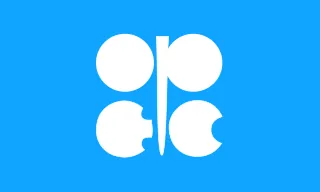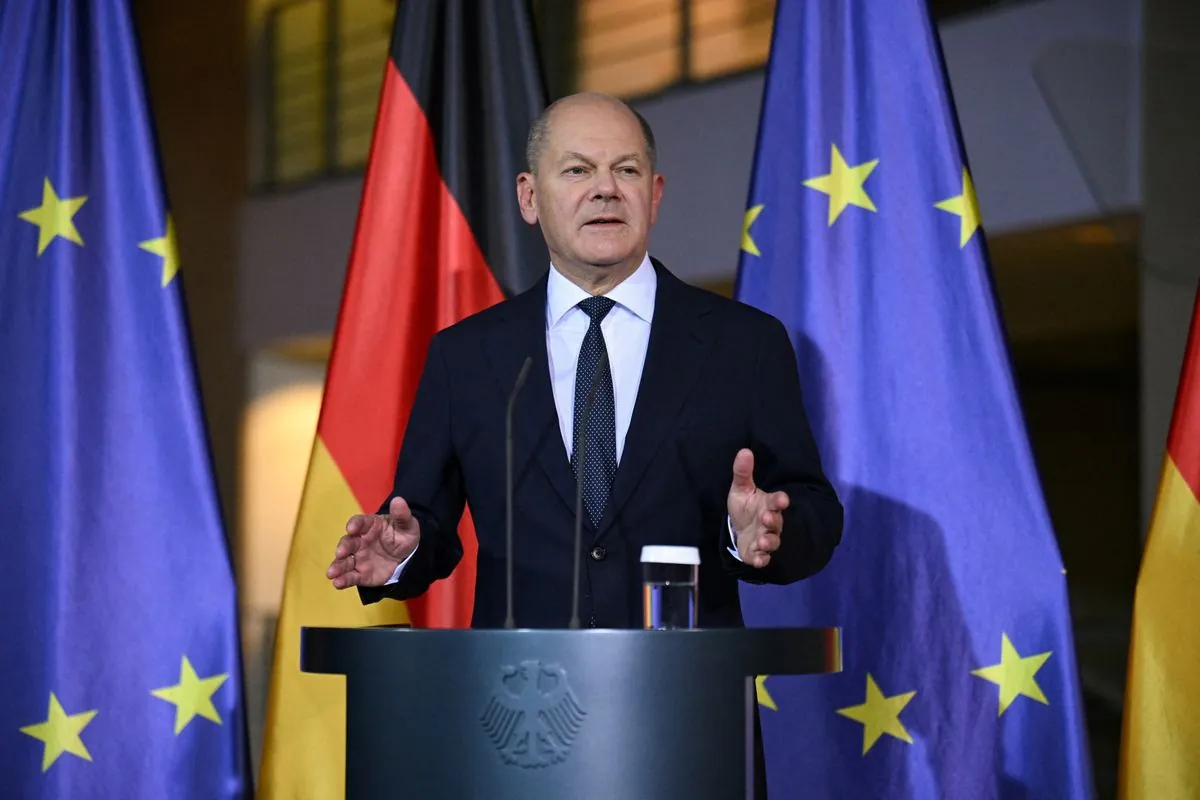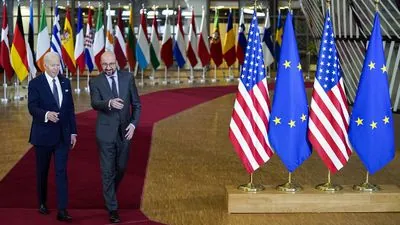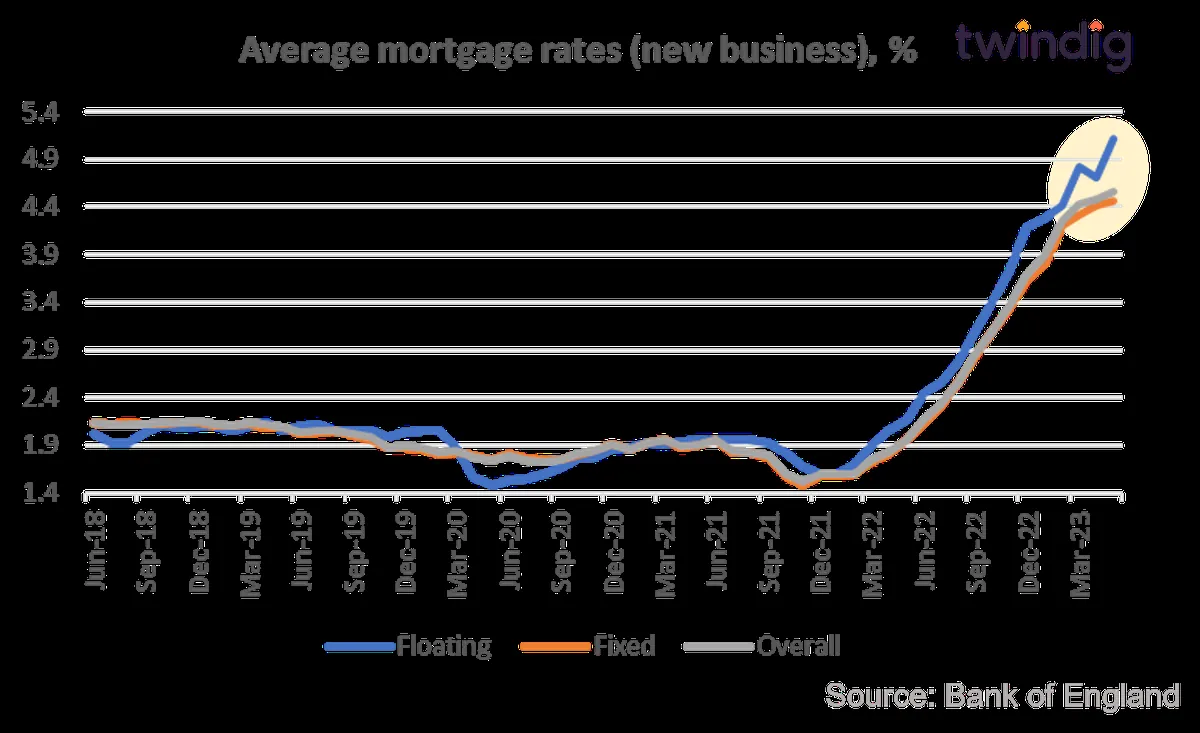OPEC
The Organization of the Petroleum Exporting Countries is an organization enabling the co-operation of leading oil-producing and oil-dependent countries in order to collectively influence the global oil market and maximize profit. It was founded on 14 September 1960 in Baghdad by the first five members. The organization, which currently comprises 12 member countries, accounted for an estimated 30 percent of global oil production. A 2022 report further details that OPEC member countries were responsible for approximately 38 percent of it. Additionally, it is estimated that 79.5 percent of the world's proven oil reserves are located within OPEC nations, with the Middle East alone accounting for 67.2 percent of OPEC's total reserves.

Some of the key events about OPEC
- 1960Founding of OPEC to coordinate petroleum policies among member countries
- 1967OPEC members imposed an oil embargo on Western countries supporting Israel in the Six-Day War
- 1973Implementation of an oil embargo that demonstrated OPEC's influence on global oil markets
- 1973OPEC orchestrated an oil embargo against countries supporting Israel in the Yom Kippur War, causing global economic crisis
- 1975Establishment of the OPEC Fund for International Development to promote cooperation between OPEC members and other developing countries
- 1979OPEC's actions during the Iranian Revolution led to the second oil shock, doubling crude prices
- 1982Introduction of production quotas to stabilize oil prices
- 1986Adoption of a new pricing system based on market-related prices
- 1986OPEC's decision to increase production caused oil prices to collapse, negatively impacting oil-dependent economies
- 1990OPEC's failure to respond quickly to Iraq's invasion of Kuwait led to a spike in oil prices
- 1997OPEC's miscalculation of Asian demand during the Asian financial crisis resulted in an oil glut and price crash
- 2000Creation of the OPEC Long-Term Strategy to enhance the organization's role in global energy markets
- 2005Establishment of the OPEC Energy Review, a quarterly academic journal on energy economics
- 2007Hosting of the Third OPEC Summit in Riyadh, focusing on stability and prosperity in the oil market
- 2008OPEC's slow response to the global financial crisis contributed to extreme oil price volatility
- 2014OPEC's decision not to cut production in the face of rising U.S. shale oil output led to a prolonged price slump
- 2016Agreement on production cuts to address global oil oversupply and stabilize prices
- 2020Coordination of historic production cuts in response to the COVID-19 pandemic's impact on oil demand
- 2020OPEC's initial failure to reach an agreement on production cuts at the onset of the COVID-19 pandemic triggered an oil price war
- 2022OPEC's decision to cut oil production despite global energy crisis sparked international criticism
Disclaimer: This material is written based on information taken from open sources, including Wikipedia, news media, podcasts, and other public sources.





























